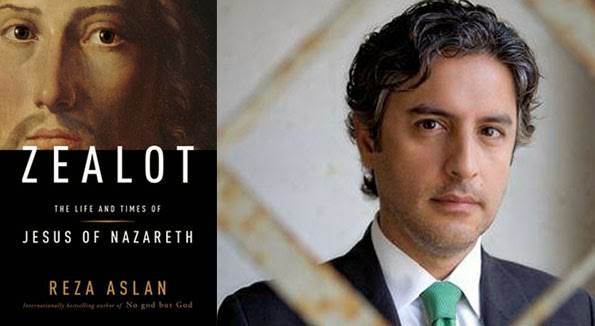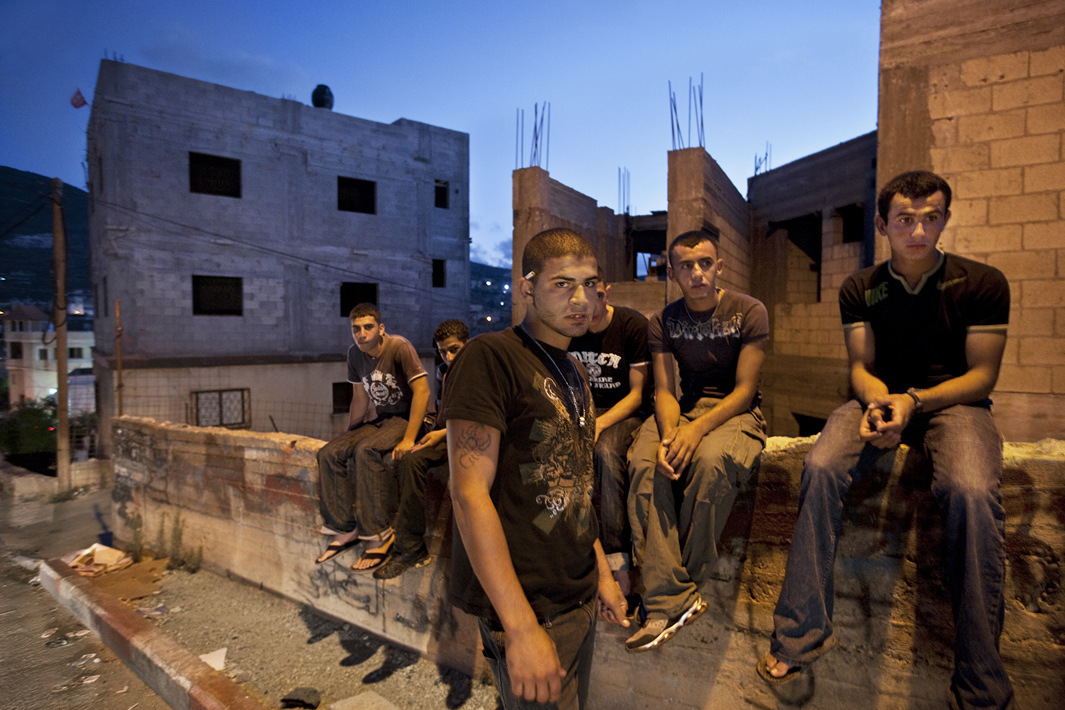Is there really a religious gene? People (especially in the West) are turning more and more to atheism as they become disillusioned with organized religion. Then again there are others who find profound meaning in religion.
One thing that seems to be of immense significance (and a point not discussed in the article) is that Reza Aslan’s father was an atheist, so what was the trigger that led him to reject the ways of his dad and embrace religion? Also he explains why/how he adopted Christianity (but not why he left) and also his reasons for (presently) preferring Islam.
……….
You first converted to Christianity and then to Islam. Can you take us through your personal journey of faith?
My
father is a devout atheist, and I grew up without any religious
instruction although I was always very deeply interested in religion and
spirituality. My family moved to the United States from Iran in 1979,
after Ayatollah Khomeini decided to return to the country. It wasn’t
particularly a very good time for Muslims to be in America either, so I
spent most of my early 30s pretending to be Mexican.
It was at an
evangelical youth camp where I first listened to the incredible story of
Jesus Christ’s life and teachings in the Gospel — It moved me so much
that I immediately gave my life to Jesus. I spent the next couple of
years preaching the Gospel to everyone — whether they wanted to hear it
or not.
As a professor of religions,
do you feel that religions are misunderstood or misinterpreted in the
modern world? Is it fair to state that religions are undergoing an
identity crisis, which in turn, is turning religions towards more
extremist and intolerant ideas?
I don’t think that’s
true at all. Religion is more of a force today than it was more than 100
years ago. I think that religions are in a constant state of evolution.
I also believe that religious diversity and religious pluralism are on
the rise, but the problem is that people assume that religious
radicalism is on the rise.
In part, this is because radicalism
and fundamentalism are reactionary phenomena. They are a reaction to
liberalism and pluralism. If you see certain spikes in religious
radicalism, it’s not because religious radicalism is independent or
free, or because radicalism is on the rise; it’s because its
progressivism, liberalism and diversity is on the rise.
Whenever
people — for one reason or another — feel left behind in a progressive
society, they will rebel and react against it. I think that’s what’s
happening right now.
Do you think there is disconnect
between modernity and being traditionally religious? Do you think this
dichotomy fuels intolerance and rigidity?
First of all
there is nothing wrong with traditionalism and there is nothing wrong
with rejecting modernity. That is not a problem we are facing as a
society; the problem is with extremism not traditionalism. That’s what
we need to constantly remind ourselves of.
The problem we are
facing is of radicalism and violence. I think it’s a mistake to say
radicalism and violence is a direct result of traditionalism or
conservatism. As I have mentioned in my second book, the mistake we
often make is in thinking that groups like Al-Qaeda are anti-modern; in
fact, they are actually products of modernity. They don’t reject
modernity, but in a quite sophisticated way, they present an alternative
version of modernity.
But why does religion remain an overly convenient tool for extremism and violence?
Well,
religion by no means has a monopoly on extremism. If you look at the
last century, which by far has been the bloodiest epoch in human
existence, millions of people have been slaughtered in the name of
secularism, in the name of atheism, Maoism, Fascism, even nationalism.
It is a very narrow view of faith and belief if it is said that religion
is a cause of violence. If anything, it is nationalism that has a
greater propensity to create violence, not religion.
But perhaps,
it is to say that violence is in human nature. We will kill each other
because of our identity. And we will use any form of identity in order
to differentiate from each other or to enact violence against each other
— sometimes in the name of religion, at other times in the name of
socialism, race, tribe or something else.
……….
Link: http://www.dawn.com/news/1101928/reza-aslan-the-misunderstood-scholar
……..
regards





 Jehad Nassar, 18, stands at the center of some of his gang members in Arrabe. Jehad has seen one of his friends lose his leg in a recent fight against another gang. Crime and gang disputes are very common, as the police hardly enter Arab settlements.
Jehad Nassar, 18, stands at the center of some of his gang members in Arrabe. Jehad has seen one of his friends lose his leg in a recent fight against another gang. Crime and gang disputes are very common, as the police hardly enter Arab settlements.